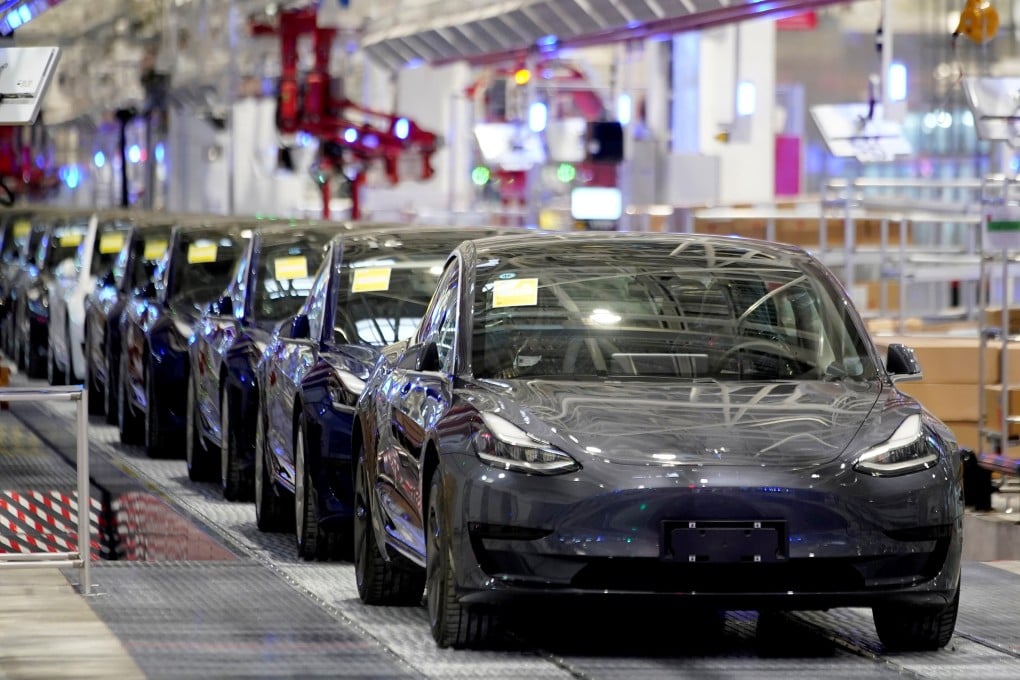China lags in important electric car technology despite rare earths advantage, says permanent magnets scientist
- British scientist Zi-qiang Zhu says Chinese companies produce less valuable innovations on permanent magnet motors, an important component of electric cars
- The comments suggest China faces hurdles in achieving Beijing’s goal of turning advantages in rare earths and research into technological leadership

Chinese electric carmakers are still lagging behind their foreign rivals in permanent magnet (PM) motor innovation despite the fact that China is the world’s dominant supplier of the rare earth metals required for making them, a top Chinese British scientist said in an interview.
“If you look at Toyota, BMW or Nissan, they all have their own innovation in their electric machines. But I don’t see that China has any substantial innovation in new energy vehicles,” Zhu said.

The comments also come from someone whose research is highly valued in China.
Zhu, a fellow at the Royal Academy of Engineering in the UK, is known for his work in electrical machines and permanent magnets, which won him the 2021 IEEE Nikola Tesla Award. The 59-year-old was born in China, but he migrated to the UK in 1988.